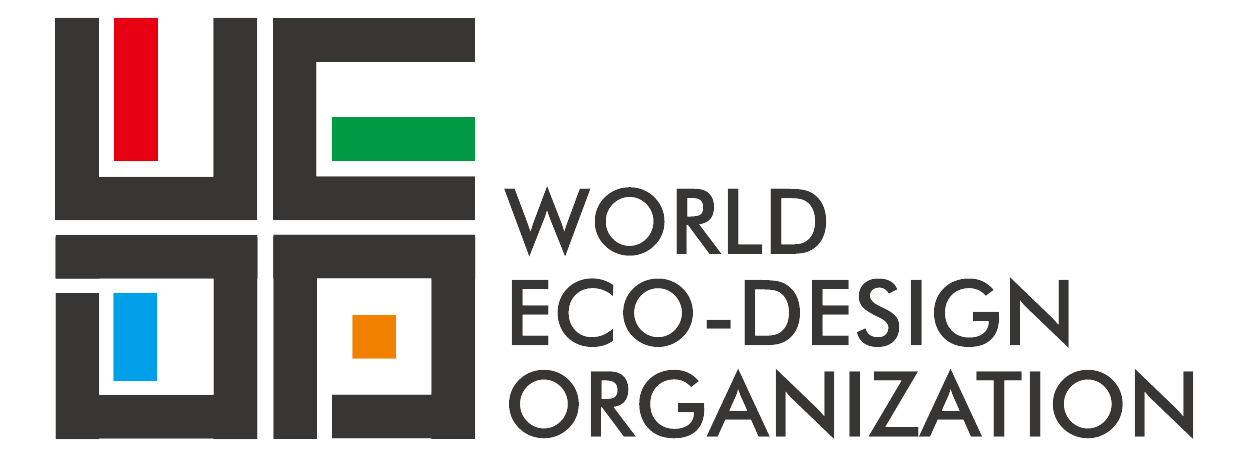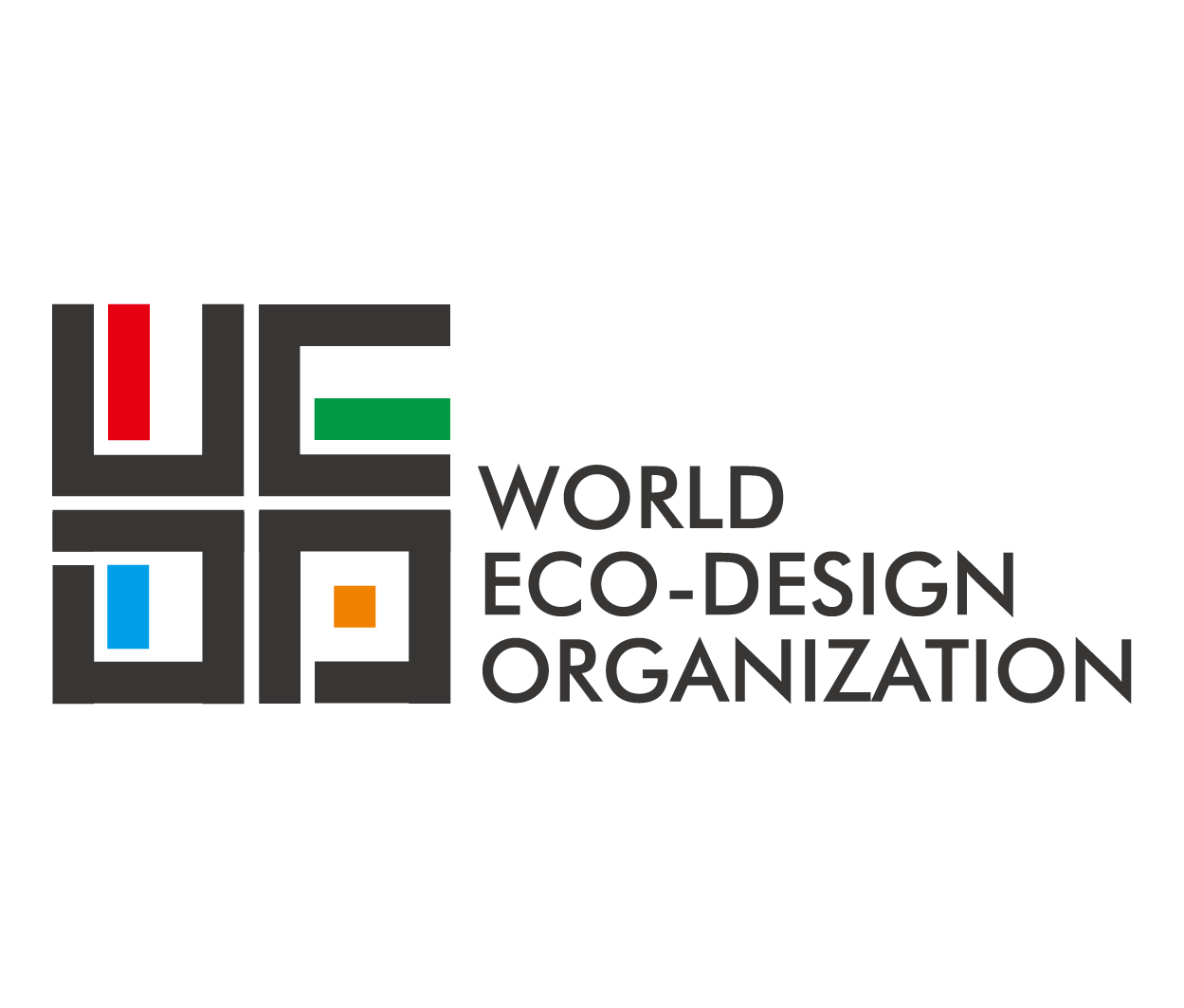2025 International Conference on Sustainable Regeneration and Resilience Governance (ICSRRG2025)
Wuhan, China, November 22, 2025
About the ICSRRG2025
In the era of the global sustainable development agenda and high-quality development, sustainable regeneration and resilience governance have emerged as core issues in reshaping urban-rural spatial configurations. Currently, the international community widely advocates achieving a balance between enhancing spatial quality and risk prevention through systemic approaches. This aligns closely with SDG 11 (Sustainable Cities and Communities) and SDG 13 (Climate Action) within the United Nations Sustainable Development Goals (SDGs). Eco-design, serving as a bridge connecting natural wisdom and human civilization, is increasingly becoming a pivotal pathway for driving this transformation. Drawing inspiration from ecosystems, it deeply integrates biodiversity conservation, resource recycling, and technological innovation, constructing new spatial paradigms characterized by environmental adaptability, economic viability, and human-centered care.
International Conference on Sustainable Regeneration and Resilience Governance (ICSRRG 2025), convening in November 2025, will investigate how Eco-design principles empower high-quality urban development through three core research trajectories: Resilient Urban Spatial Renewal and Governance Systems; Climate-Adaptive Spatial Restructuring; and Design-Driven Economic and Cultural Resilience Building. By conducting rigorous analysis of international case studies, scholars and practitioners will examine innovative practices spanning ecological technologies, policy mechanisms, and community engagement frameworks. This transdisciplinary collaboration ultimately pursues integrated solutions for concurrently enhancing spatial quality and mitigating systemic risks in evolving urban environments.
This symposium is committed to establishing a collaborative innovation platform with a global perspective, facilitating the transition of Eco-design from theoretical exploration to practical application. By fostering deep dialogue among policymakers, academic institutions, and industry practitioners, the conference will distill universally applicable experiential models. These insights aim to support the holistic enhancement of urban and rural spaces across three dimensions: ecological value, safety assurance, and cultural continuity. The ultimate goal is to construct a vision for future cities that integrates safety and resilience, green and low-carbon development, and humanistic warmth. This endeavor strives to contribute more universally relevant wisdom and solutions to global sustainable development. All submitted papers will be peer-reviewed by 3-4 domain experts, and outstanding papers will be selected for oral presentations and poster presentations. All accepted papers will be submitted to Ei Compendex. Some of the outstanding papers will be recommended to EI journals and SCI journals after expansion.
The conference is academically supported by a wide range of leading institutions, including University of Cambridge, Swinburne University of Technology, Politecnico di Torino, National University of Singapore, Eindhoven University of Technology, Nagoya University of Arts, Malaysia University of Science and Technology, University of Barcelona, Chung Yuan Christian University, Wuhan University, Huazhong University of Science and Technology, China University of Geosciences (Wuhan, China), Wuhan University of Technology, Wuhan Technology and Business University, Hubei University of Technology, Hubei University of Education, and also supported by academic Journals, including Big.D, Creative Engineering, Green Design Engineering, Fashion Technology, Philosophe’s Compass.
Topics of Papers
1. Innovative Design Theories and Cross-Domain Practices
Focus on cutting-edge design theories and systematic innovation, and explore the transformation of creative design paradigms driven by interdisciplinary integration. Pay attention to the practical paths of design thinking in the construction of diverse scenarios, social collaboration, and technological integration, and promote theoretical innovation and practical breakthroughs in the field of creative design.
2. Eco-Design for Resilient Heritage Conservation
Researches synergistic mechanisms where ecological technologies enable the conservation and revitalization of historical spaces. Leverages bio-material applications, microclimate regulation, and other technical means to establish disaster prevention and adaptive renewal systems for cultural heritage. Balances preservation with contemporary functional needs to achieve sustainable continuity of historical contexts.
3. Digital Technologies for Ecological-Cultural Inheritance
Integrates digital twins, AI monitoring, and virtual restoration to establish dynamic assessment systems and ecological-cultural gene banks for urban-rural areas. Explores innovative applications of digital tools in mining traditional ecological wisdom and enabling risk early-warning for cultural spaces. Strengthens technology-driven living heritage transmission and resilience governance synergy.
4. Place-Based Design for Creative Economy Resilience
Rooted in local resources and cultural DNA, this theme examines design-driven pathways for revitalizing distinctive industries. Focuses on models like traditional craft regeneration and cultural-tourism integration to build risk-resistant industrial chains and regional branding systems. Achieves tripartite balance among cultural identity, economic vitality, and ecological sustainability.
5. Climate-Adaptive Resilient Spatial Ecologies
Optimizes blue-green infrastructure spatial planning using climate risk assessment and simulation technologies. Explores multi-scalar integration mechanisms for ecological networks (e.g., stormwater management, biodiversity corridors). Enhances built environments through heat island mitigation, carbon sequestration, and disaster buffering capacities. Strengthens systemic climate adaptation strategies.
6. Collaborative Governance for Megacity Regeneration
Addresses renewal challenges in high-density built environments through multi-stakeholder collaboration models (government, market, community). Innovates policy instruments, smart management platforms, and public participation mechanisms to resolve systemic issues in land consolidation, resource allocation, and shared risk governance. Explores sustainable pathways for megacity regeneration.
7. Community-Driven Ecological Resilience Mechanisms
Analyzes co-creation models featuring resident self-organization, enterprise participation, and government guidance at the community scale. Studies social capital dynamics in creating ecological spaces (e.g., community gardens, pocket parks). Cultivates grassroots risk-response capacity and social cohesion to establish foundational "bottom-up" resilience governance units.
8. Low-Carbon Resilient Ecologies for Future Cities
Integrates zero-carbon technologies, regenerative materials, and bio-inclusive design to explore systemic optimization of space, energy, and ecology. Researches synergistic development of low-carbon building clusters, circular infrastructure, and ecological corridor networks. Advances integrated paradigms merging safety resilience, green transition, and human-centered care.
Paper Submission
• All submissions must be written in English.
• Submitted papers should be original and unpublished research with significant academic and practical value.
• Please strictly follow the conference paper template when formatting your submission. The Word Template can be downloaded from the “Paper Submission” section of the conference website: https://icsrrg.com/
• Please submit your paper (in PDF format) through the online submission system: https://www.icsrrg.com/submit/
• The conference adopts a double-blind peer review process. Do not include identifying information (e.g., names, affiliations, email addresses) in the initial submission.
• If the file size exceeds 10MB, please send it directly to the organizing committee via email: submit@icsrrg.com. Before emailing your paper, make sure you have registered in the submission system and obtained a Submission ID.
• The minimum length of the paper is 4 pages. An extra page fee will be charged for papers exceeding 6 pages.
Note: If the above links cannot be opened directly, please copy and paste them into your brower.
Important Dates
• Submission Deadline: September 30, 2025
• Notification of Acceptance: October 20, 2025
• Author Registration Deadline: November 5, 2025
• Conference Date: November 22, 2025
Guiding Organization
World Eco-Design Organization (UN Special Consultative Status NGO)
Host
National Eco-Industrial Design Institute (EIDI)
Contact Us
E-mail: submit@icsrrg.com






 en
en



 Guangzhou,China
Guangzhou,China +86 - 19925740779
+86 - 19925740779 wedc@vip.126.com
wedc@vip.126.com










